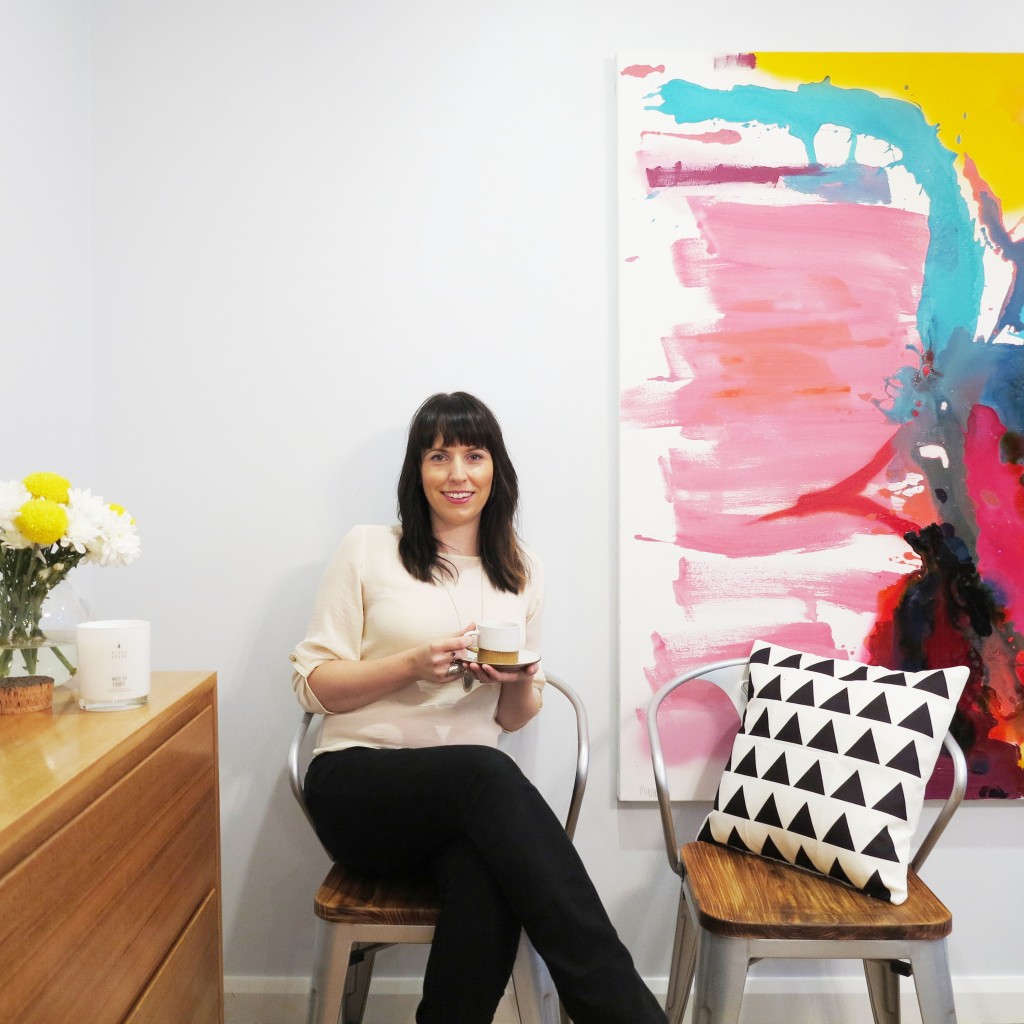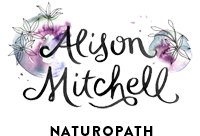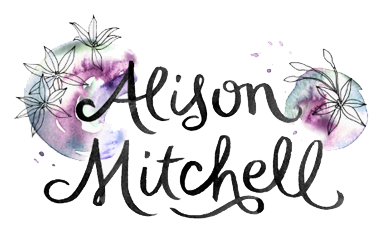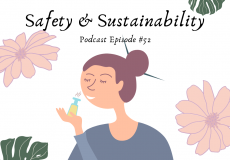Sleep and Insomnia – Podcast #20
Health & Wellbeing Podcast #20
There’s been a bit of a gap since my last podcast and blog post, but never fear, I am still here! I didn’t fall off the side of the planet, I’ve been spending some wonderful, blissful, quality time with my little cherub Ash. He’s now 5 months old, can you believe how fast that has gone?
This podcast was one that I recorded with Laura Yen from Burton Health back when I was in my last weeks of pregnancy. It’s taken me a good while to get this out, but it’s worth the wait because this podcast is jam-packed with helpful information about sleep and insomnia.
Sleep is a very important part of your health to get right. Alongside things like stress levels, diet and exercise, sleep is one of the basics that need to be addressed in order to be healthy.
In Australia, 13-33% of adults have regular difficulty in either getting to sleep or staying asleep. In NSW alone, almost one-fifth of the population are chronically sleep restricted. That really sucks.
Conventional sleeping medications will certainly get you to sleep, but many people are hesitant to use them because of their side effects and addictive nature.
In this podcast Laura and I talk about the importance of sleep, sleep cycles, what sleep deprivation does to us, and how to improve our sleep.
Want to subscribe to get podcasts automatically? You can do that here:
Video
Part 1
0:00 Intro and disclaimer.
1:07 Some sleep statistics and the connection between sleep problems and depression.
2:04 What is insomnia?
3:02 Sleep cycles
06:04 Why sleep is important
07:00 Biphasic sleep, or segmented sleep.
7:50 How can sleep problems affect health?
9:57 Lack of sleep can affect your ability to think clearly, and getting a good night sleep is very important for students.
10:30 Are phones in the bedroom affecting sleep health?
12:28 Sleep deprivation can worsen inflammation and affect gut flora
13:00 Causes of sleep issues: light, shift work, artificial light, noise, temperature, sleeping environment
17:04 Earthing
17:55 Light affects dopamine which can affect insulin signalling and cortisol, and how cortisol can affect sleep
Part 2
0:20 Get into a good routine and start improving sleep hygiene
1:30 How your dinner can affect your sleep
2:10 Sleep routine, and training yourself to sleep
03:10 The blue light from electrical gadgets can affect sleep. F.lux is an app you can get tochange the colour of your computer screen, or you can get orange/amber coloured glasses.
04: 10 Stimulants and sleep
04:50 More on food and sleep: carbohydrates and low-carb diet for sleep; amino acids in foods to help sleep hormones; alcohol
06:15 What time should you go to bed?
08:05 Mindfulness, meditation and journaling
10:45 Sleep debt
11: 45 Address stress in the day, cortisol test and herbs for stress
12:46 Have a nice bedroom
13:47 Supplements and herbs for sleep
Audio
About Laura

Laura is a clinical naturopath practicing in St Leonards and Dural. Her key areas of interest are female hormone disorders, digestive health, stress & adrenal fatigue. Through her clinical experience Laura has identified the prevalence of stress in our everyday lives and sees it as the most common cause or exacerbating factor of her patients health conditions. Laura believes that we need to get back to basics and work on our ability to release and manage stress in order to prevent and treat disease.
Last year Laura set herself the mission to reach beyond the walls of her clinics and send her de-stress message out to Australian and New Zealand households through the Burton Health Tea Club. Each month she sends love letters and tea packages to her members to inject joy and excitement into their days and to remind them to slow down, relax and reconnect while sipping on a cup of organic herbal tea.
You can connect with Laura via her website www.burtonhealth.com.au, on Facebook, Twitter or on Instagram.










